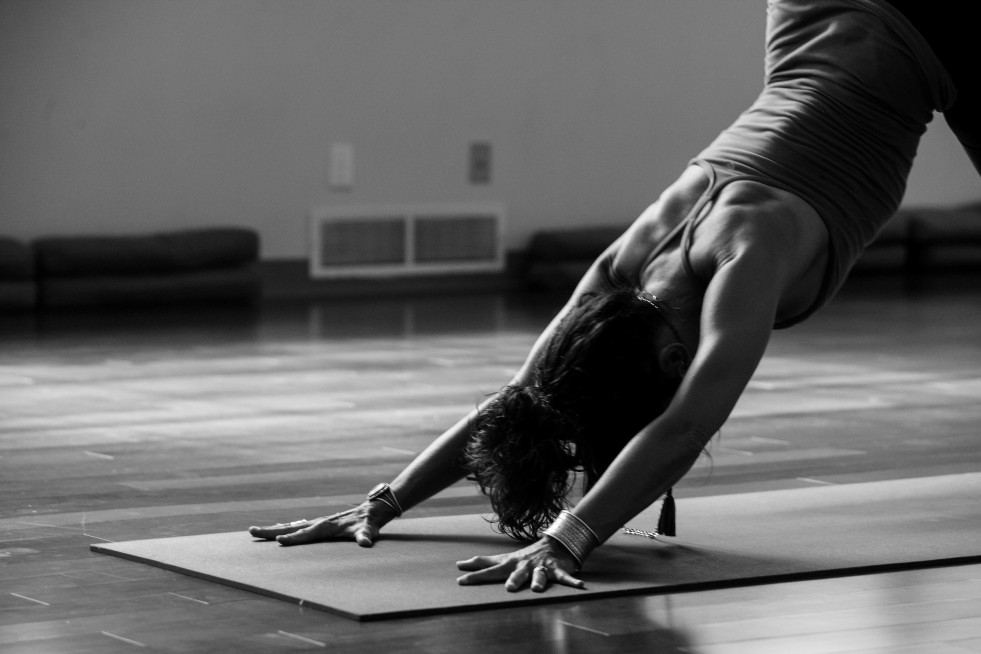How doing a proper cool down can help with...
Gut Health
- After intense exercise, the body’s blood flow, which was directed towards muscles, gradually returns to the digestive system during the cool down period. This helps in better digestion and nutrient absorption, contributing to overall gut health.
- Exercise can increase stress hormones like cortisol, which, in excess, may negatively impact gut health. A proper cool down helps normalise hormone levels, reducing the potential stress on the digestive system.
Inflammation
- During vigorous exercise, lactic acid builds up in muscles, causing soreness and inflammation. Cooling down helps in the gradual removal of lactic acid from the muscles, reducing muscle stiffness and soreness.
- Cooling down helps in reducing the levels of inflammatory markers in the body. This is crucial as chronic inflammation can lead to a host of health issues, including digestive disorders and compromised immune function.
- Sudden cessation of intense activity can cause a rapid drop in blood flow and blood pressure, which can lead to dizziness or fainting. Cooling down gradually helps the body transition smoothly, maintaining steady circulation and preventing inflammation related complications.
Central Nervous System (CNS)
- The CNS is heavily taxed during intense exercise due to the high level of motor neuron activation required. Cooling down aids in the recovery of the CNS by gradually reducing the demand placed on it, allowing it to return to its resting state.
- Cooling down often involves stretching and controlled breathing, which activate the parasympathetic nervous system (responsible for 'rest and digest' functions). This shift helps in reducing overall stress and anxiety levels, promoting mental clarity and relaxation.
- Cooling down can also help in solidifying the neural pathways created during exercise. This aids in better muscle memory and coordination, which is beneficial for future workouts.
Practical Cool Down Tips
To maximise the benefits of cooling down, consider incorporating the following practices:
- Gentle Aerobic Activity: Engage in light aerobic exercises such as walking or jogging at a slow pace for about 5-10 minutes to gradually lower your heart rate.
- Stretching: Perform static stretching to improve flexibility and reduce muscle tension. Focus on major muscle groups that were engaged during your workout.
- Deep Breathing: Practise deep breathing exercises to enhance oxygen flow and stimulate the parasympathetic nervous system, aiding in relaxation and recovery.
- Hydration: Drink water to rehydrate and help flush out metabolic waste products from your system.
Incorporating a proper cool down routine after exercise is essential for supporting gut health, reducing inflammation, and aiding the central nervous system. By gradually bringing the body back to its resting state, you can enhance recovery, prevent injuries, and promote overall well being. Make cooling down an integral part of your exercise regimen to reap these significant health benefits. I know it's annoying and hard to get into, I totally understand but you CAN make new habits through neuroplasticity (I'll explain what that is in another post!) :))
You just have to make the first step towards it. You can do this!

